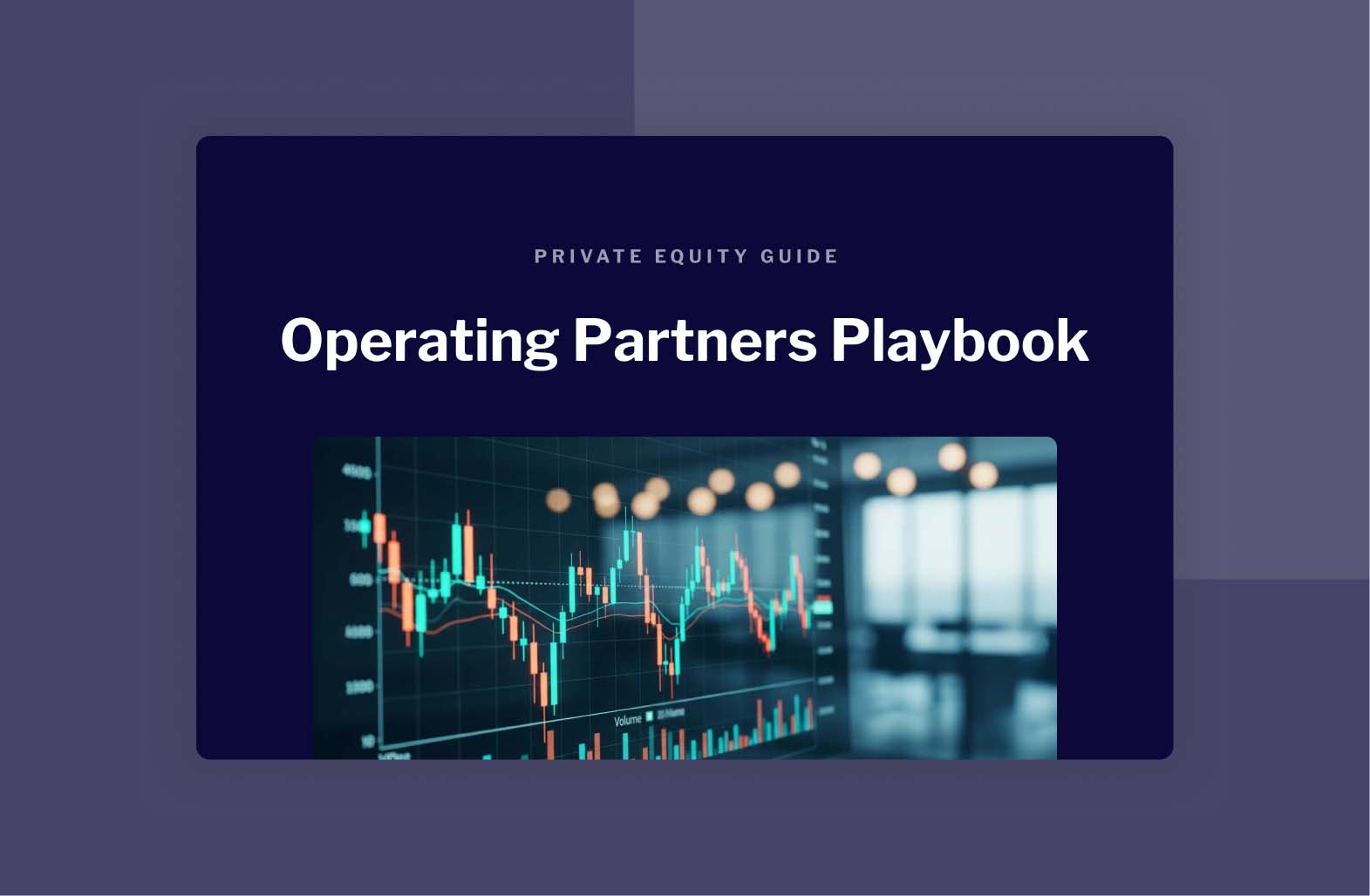4 Key Qualities of a Data Strategy Consultant

Alex Paiuk is an independent consultant specializing in digital and data strategy. With 25 years of experience in the U.S. and Europe, Paiuk delivers results that make a lasting impact for his clients in many industries. From building customized business intelligence dashboards to risk management and advanced analytics, Paiuk specializes in converting massive data sets into actionable insights for decision makers.
During the COVID-19 pandemic, Paiuk says demand for data strategy consulting has accelerated dramatically as companies seek a competitive advantage in uncertain times.
Benefits of a Data Strategy Consultant
Why hire an independent data strategy consultant? First and foremost, a good independent or freelance consultant brings an outside perspective that can add tremendous value. Those inside the organization may not be able to see the bigger picture or understand different market dynamics the way an experienced consultant can.
Data strategy consultants can also help you harness the power of the data you already have and figure out how to augment it with new sources. Data strategy is all about defining how data fits into your larger strategy, and how you can leverage data to be more competitive in the marketplace.
Common Data Strategy Challenges
While every company has different goals and histories, there are two common challenges Paiuk sees most frequently.
- Data Quality
The old adage “garbage in, garbage out” has never been more true than today. Paiuk describes an “epidemic” of bad data as a result of the rapid proliferation of digital tools and services. This makes it difficult to glean valuable insights from your company’s data. Many of Paiuk’s clients are either building master data management strategies or focusing on improving data quality at the source.
“(My) clients want to access and use data to understand where their business is and where it can go, and locate the places they need to improve,” says Paiuk.
- Outdated Information
The other major challenge companies face is data that is out of date by the time it reaches decision-makers. Paiuk likens this challenge to driving while looking in the rearview mirror. A good data strategy consultant will help your organization get access to information in real-time, or close to it, in order to make the best possible decisions. Doing so requires effective data governance.
“Businesses need a robust infrastructure to get all their data points out from the field and into the hands of executives in a format that’s accessible and actionable,” he says.
4 Key Qualities of a Data Strategy Consultant
Data strategy consultants come from many different backgrounds and experiences. However, the most successful consultants all share the same four essential qualities.
1. Technical Skills
A lot of consultants can understand digital and data strategy at a high level, says Paiuk, “but you really want someone technical enough to get down into the weeds, to understand how all the different components fit together. You need someone with experience programming and playing around with data, someone who’s willing to get their hands dirty on the technical side.”
2. Visual Communication Skills
“You need somebody who is able to take all of this data or research they’re doing and turn it into information that is easily consumable in a visual form,” says Paiuk.
3. Adaptable
The best data strategy consultants aren’t locked in a dark room all day. They are talking to customers or scrolling through reams of data to find needles in the haystack. “You can’t sit around and pontificate,” says Paiuk, “you have to figure things out by interacting with customers, employees and the data. And then be able to create a strategy and a theory of action that will create a compelling business case.”
4. Strategic Thinker
Some data scientists have great technical skills, but don’t understand the context of the business and how the data fits into a larger business strategy. “It’s really critical to hire a data strategist who understands why the data is important for the business and who can then marry that “why” with an understanding of “how” to get the most value out of data,” says Paiuk.
Ready to find the right data strategy consultant for your business?
Let’s Talk









